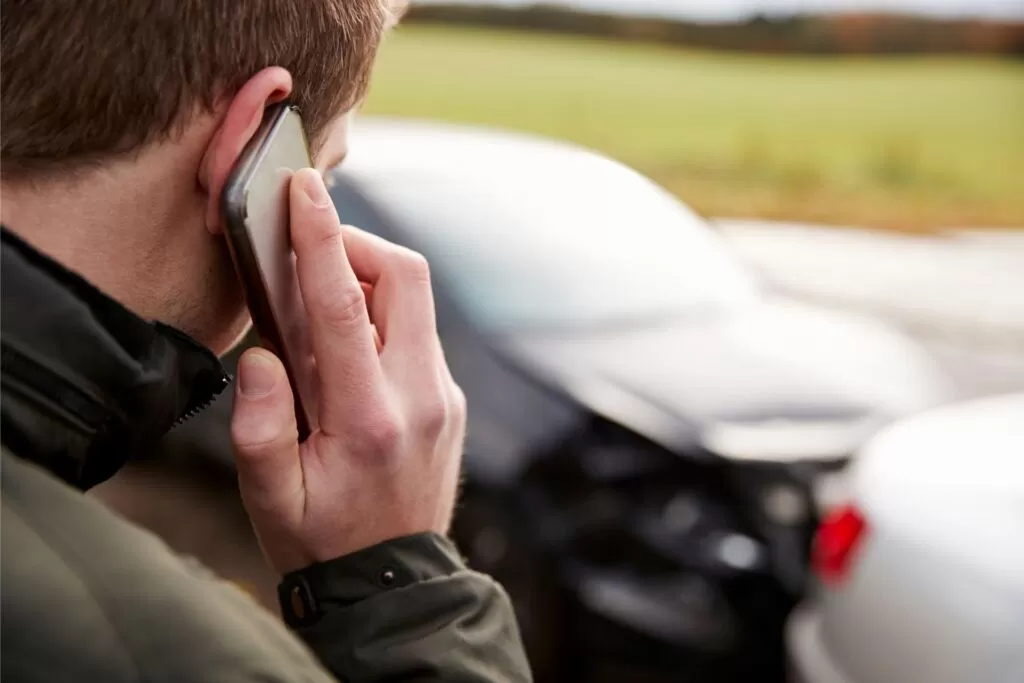
When a negligent driver or other party causes a car accident, the victim has the right to file a lawsuit seeking damages. “Damages” is a term that refers to monetary compensation, and it comes in various forms. Every car accident is different, and so is the nature and amount of damages that may be available from one case to the next. It’s imperative that car accident victims retain experienced legal counsel so they can seek the maximum amount of damages allowed under the law. Text Kevin Accident Attorneys are here to represent you.
Compensatory damages
One broad category of damages is known as compensatory damages. As the term suggests, these are designed to compensate the victim for losses he or she incurred due to the accident. This category is further broken down into economic and non-economic damages.
Economic damages are relatively easy to calculate and can be objectively determined. Some examples of economic damages include:
Medical bills. These are typically significant, depending on the nature of the accident. A victim may need ambulance care and transportation, which alone can be expensive. The victim might have to be hospitalized and have major surgery which is also costly. Follow-up appointments, tests, X-rays, and referrals to specialists could add to the expenses.
A serious enough injury could also require physical therapy or rehabilitation. The victim might need to take prescription medications to manage the pain or other medical problems. Special adaptive medical devices may be necessary. If the wreck leaves the victim disabled, long-term nursing or home care services could be required.
Lost income and lost earning capacity. While you are hospitalized, recovering from your injuries, or attending medical appointments, you will lose time from work. The at-fault party may be ordered to compensate you for these lost wages. If your injuries are severe enough, you may not be able to return to your old job, or work at the same level of productivity.
Lost future wages can therefore be sought from the defendant. These potential earnings take a number of factors into account and may even include consideration of lost future bonuses, promotions, and other benefits like retirement pay.
Property damage. Accidents can cause serious damage to victims’ vehicles, sometimes completely destroying or “totaling” them. The at-fault party’s insurance company may be required to pay for repairs or a replacement vehicle if the situation necessitates it. The victim should also be compensated for any personal property in the vehicle that was damaged or lost during the accident.
Less common but still compensable is damage done when a car destroys other property like a house. You may not be injured in a car accident, but the accident can still cause you harm by resulting in property loss. The driver can be held responsible for this.
Burial and funeral expenses. These are sought in wrongful death cases where the accident victim dies from his or her injuries. There are also certain non-economic damages associated with wrongful death claims.
The second category of compensatory damages are non-economic damages. These are more subjective in nature and are not based on easily calculable financial losses. While sometimes difficult to quantify, victims can be compensated for:
Pain and suffering. Accident victims experience not just physical injury but often weeks or months of painful recovery. Their suffering is very real, the result of the negligent driver’s actions in causing the crash. Although there is not a simple way to assign a dollar value to this category of damages, an attorney can assist in determining a fair amount to seek from the defendant.
Emotional distress. Many people underestimate the trauma that car accident victims go through. Sometimes their emotional distress stems from the pain and suffering they endure. But often, victims face psychological trauma that leaves them afraid to drive again or apprehensive about what their injuries may do to them. The prospect of being disabled for the rest of their lives or losing careers they love is enough to inflict this distress upon them.
Disability. Losing a limb, or an eye, or some other vital body part is something that can never be replaced. Nonetheless, the victim can also be compensated for the fact that he or she has become disabled due to the car accident.
Wrongful death. Generally, one objective of wrongful death is to account for the loss of life that resulted from the accident. It’s difficult to put a dollar value on a human life. But the court will consider evidence related to the deceased victim’s age, health, life expectancy, and contributions to family and community.
Loss of consortium, companionship, and affection. An accident can destroy a victim’s ability to relate as they once did to their families. The victim may no longer be able to engage in sexual relations with their spouse, for instance. Changes in mental ability or personality, not uncommon in car accidents, can destroy the companionship and affection that once existed.
Punitive damages
As opposed to compensatory damages, the goal in awarding punitive damages is to punish especially wrongful conduct that led to the accident. Not every car crash lawsuit is eligible for punitive damages. Simple negligence, reckless driving, or even drunk driving may not be enough to seek these damages.
However, if the at-fault party showed willful disregard for human life and safety, especially where there is a pattern of such an attitude, the court may be inclined to award punitive damages. Bear in mind that these are designed to punish and deter egregious conduct.
Seeking the Damages That California Accident Victims Deserve
Considering all of the types of damages that victims can claim, what happens if the victim cannot afford to pay? We address that concern here. Regardless of the nature of your injuries or concerns about the at-fault party’s ability to pay, we encourage you to connect with our firm if you’ve been hurt in a California car accident. Connect with Text Kevin Accident Attorneys today.

